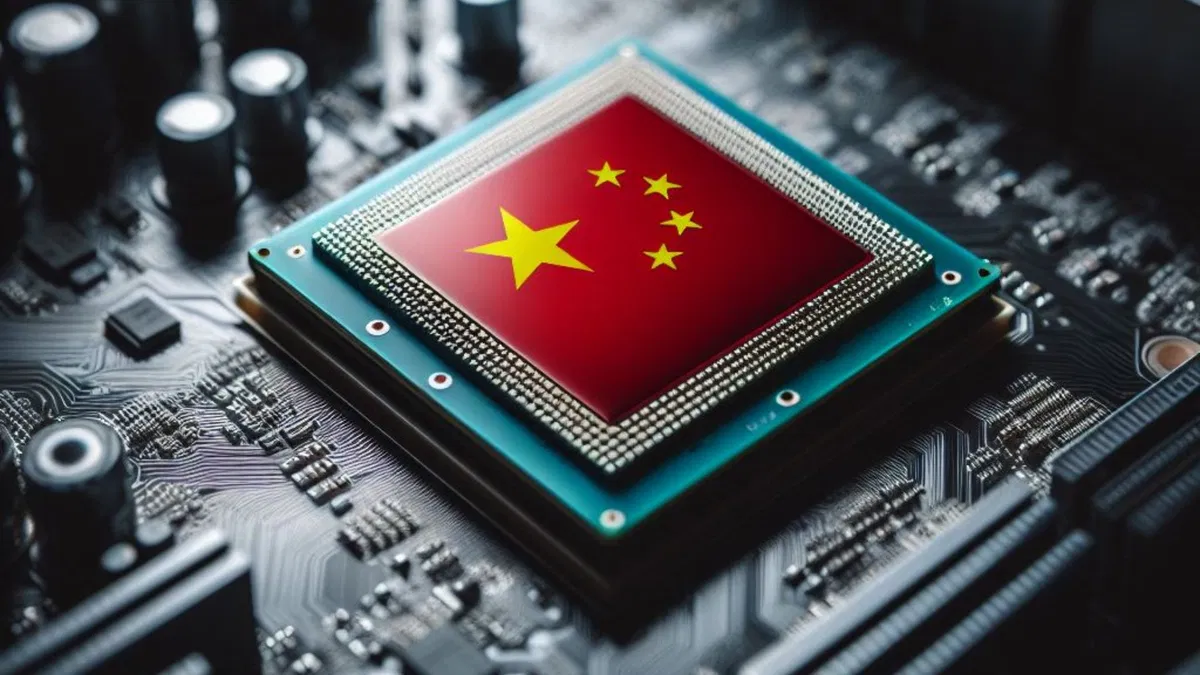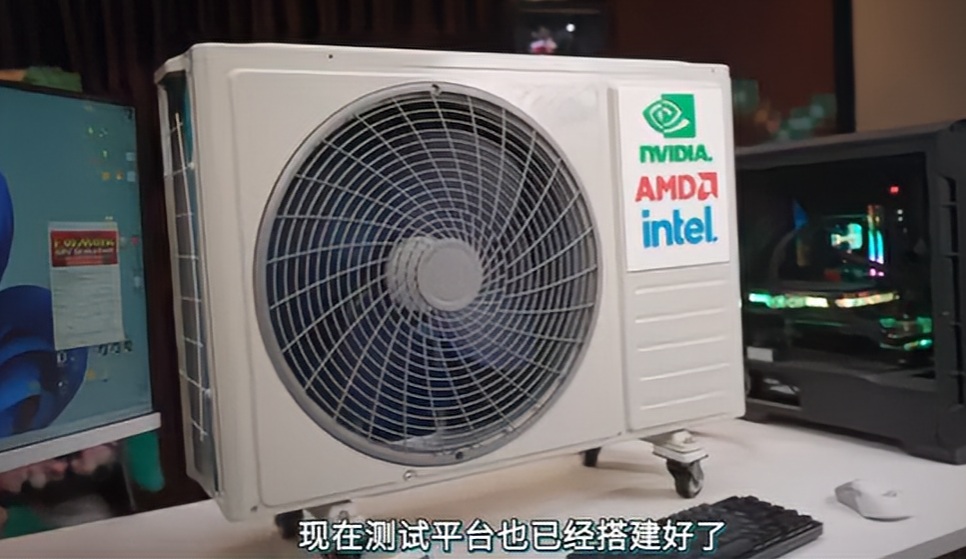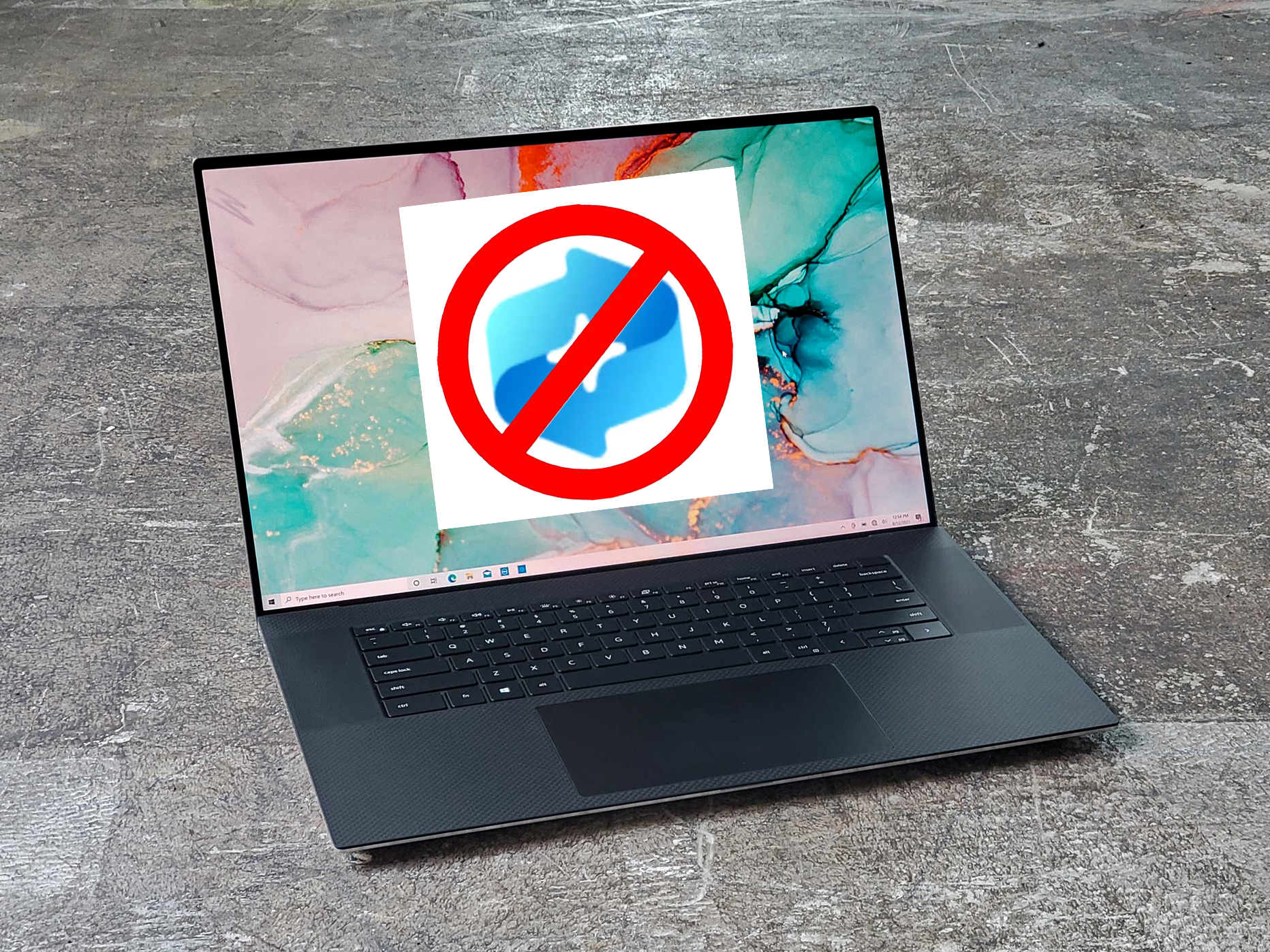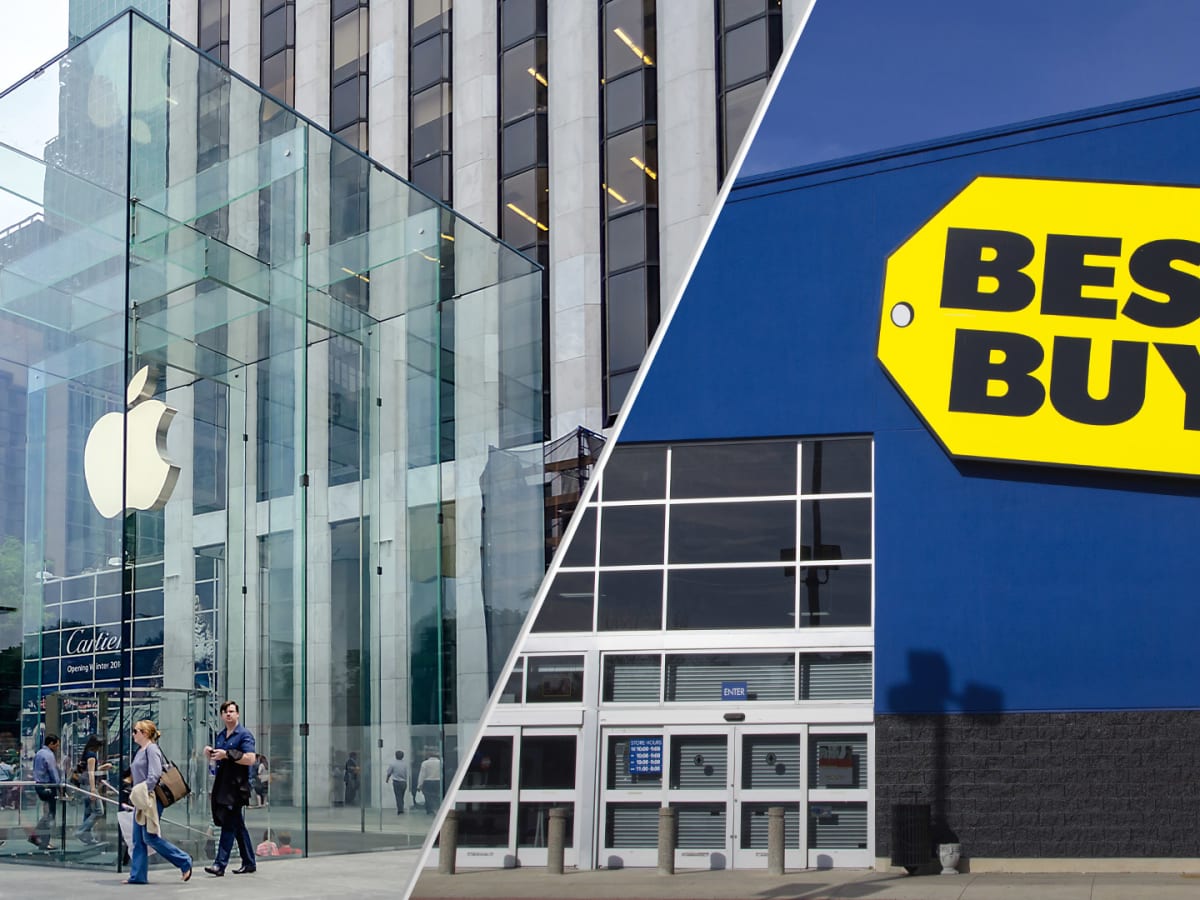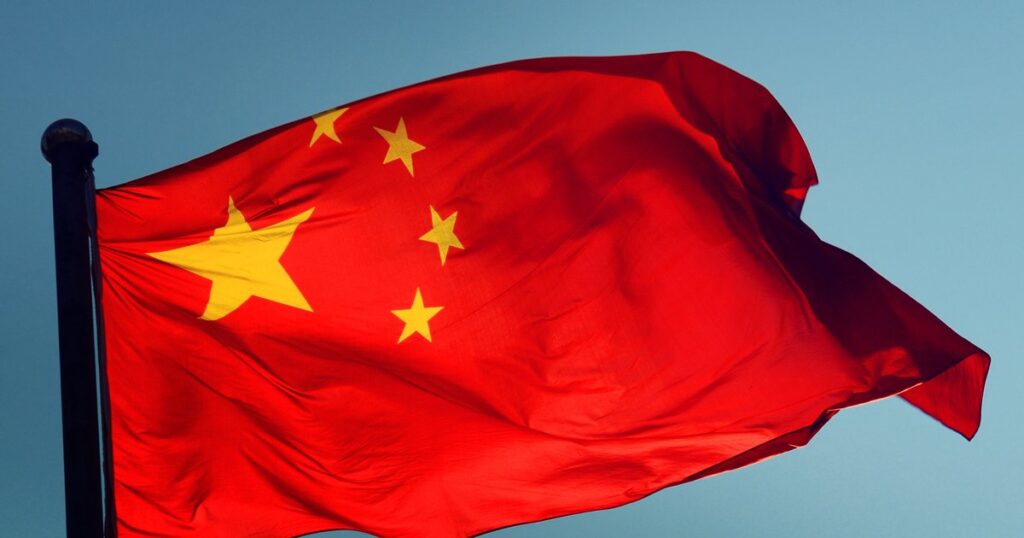
In the realm of international trade, policies often become potent tools for nations seeking strategic advantage, overshadowing the rhetoric of a “free market.” China, in response to stringent chip import restrictions imposed by the US, has wielded trade restrictions as its first line of defense, banning purchases of Intel, AMD, and Microsoft products for government computer usage.
Under the pretext of transitioning towards “safe and reliable” hardware and software, China’s CCP’s Information Technology Security Evaluation Center has meticulously curated a list of approved vendors for government agencies. Notably absent from this list are global giants Intel and AMD, along with Microsoft, the creator of the dominant operating system—all three of which hail from the US.
Chinese competitors, such as Huawei, find themselves included in the list of approved vendors, signaling a deliberate shift towards domestic alternatives. While these guidelines were unveiled in December of the previous year, they are now being rigorously enforced as official policy, affecting government agencies above the township level. However, the ban does not extend to consumers or corporations.
While Microsoft is anticipated to weather the storm with minimal impact, China’s ban presents a significant challenge to both AMD and Intel, as the country accounts for a substantial portion of their global sales. Yet, this move is hardly unexpected given the prevailing political climate.
The US has likewise adopted a proactive stance in curtailing Chinese competition in the burgeoning American AI market, implementing bans on sales of powerful CPU and GPU chips to China, including certain consumer-grade alternatives like high-end graphics cards. Additionally, efforts are underway to bolster domestic chip production through initiatives such as the CHIPS Act, aimed at reducing reliance on Taiwanese manufacturing.
The announcement of China’s procurement ban has already reverberated through global markets, leading to slight declines in the stock prices of major players like Intel, AMD, and Nvidia.

